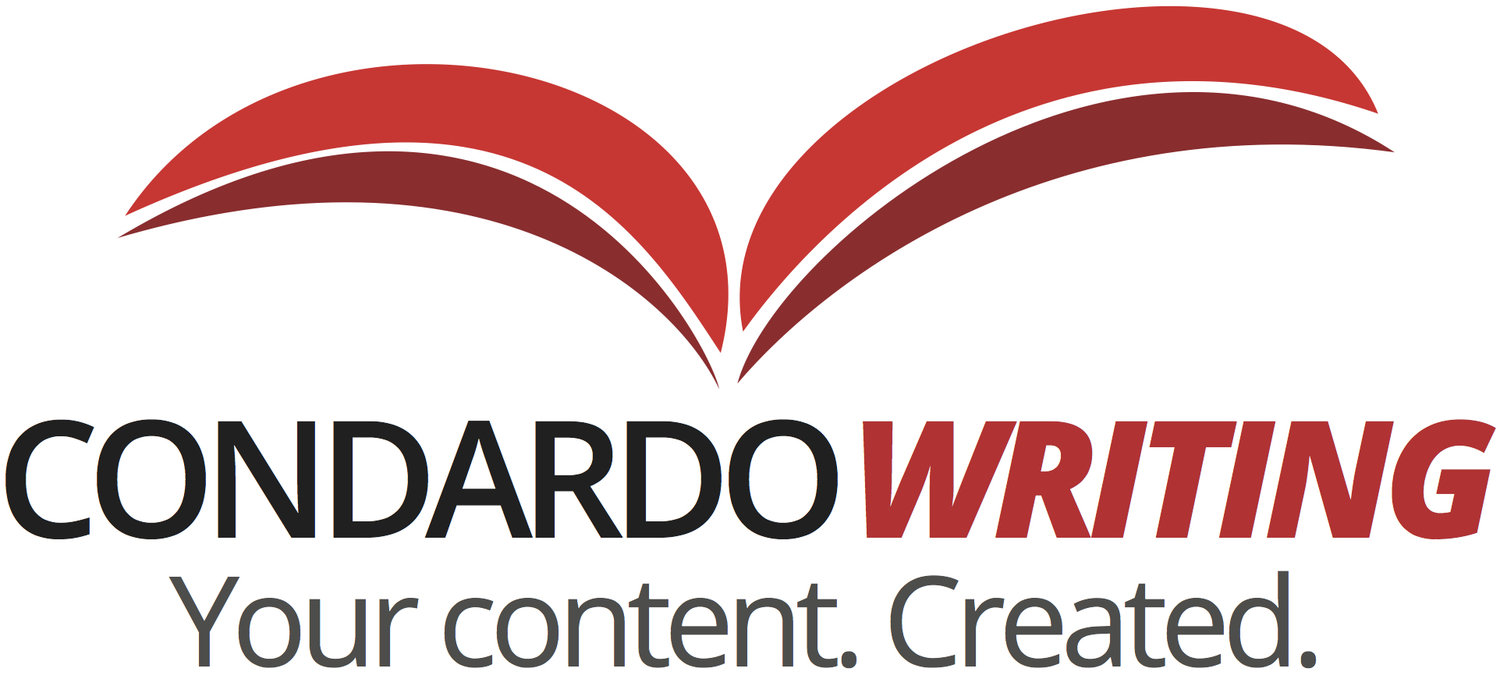Benefits not features. Working with several clients this week, I found myself bringing up this same topic more than once. Though a basic building block for all effective content creation, it's a concept that too often gets overlooked.
Why?
Several reasons actually.
First, we are all by nature self centered. We care about us. What's in it for me? Unfortunately this spills over when we create content and we tend to want to talk about us. On a resume, we want to talk about all the great things we've done. On a product description, we want to highlight all the wonderful things it can do. On a business web site, we want to shout about how long we've been around, how many locations we have or how many awards we've won.
There's just one problem.
The prospective employer, consumer or customer you're trying to reach doesn't care about any of that. They want to know what you are going to do for them. They care about the benefits for them not about your features.
In football terms, flameout quarterback Ryan Leaf, selected second overall in the 1998 NFL draft, had the size, great arm, and all the physical tools (Features) to be a top QB. Tom Brady, a skinny kid out of Michigan who was a backup for most of his college career, was taken 199th overall in the sixth round of the 2000 draft, 199th overall. Brady's gone on to throw 334 touchdowns and counting. That's 320 more than Leaf so far. (Benefits)
A second reason you tend to see features instead of benefits is that it's difficult to write about how something affects the other person. Our first inclination is inward. To step out of our own skin and look at things from the other person's point of view takes discipline and imagination. It's hard but essential if we hope to get our message across to our target audience.
In my earlier post on Chevrolet's new tag line I wrote about how how Chevy shifted from a features slogan (Chevy Runs Deep) to one highlighting benefits (Find New Roads). The shift was from "we've been around a long time" to "we can help you discover new things."
There are other examples over the years of companies changing from a feature based slogan to one based on benefits. Budweiser shifted from "The King of Beers" (we're the best!) to "This Bud's for you!" (we brewed it for you). Coca Cola went from "Coke is it!" (we're great!) to "Enjoy a Coke" (you'll like it). Delta Airlines has morphed from "Fly the Best with Delta" (Us, us, us!) to "You'll love the way we fly" (you, you you!).
It's a simple concept but one which good content creators should never forget.
What does your marketing material look like? Are you highlighting Benefits or talking about Features?




